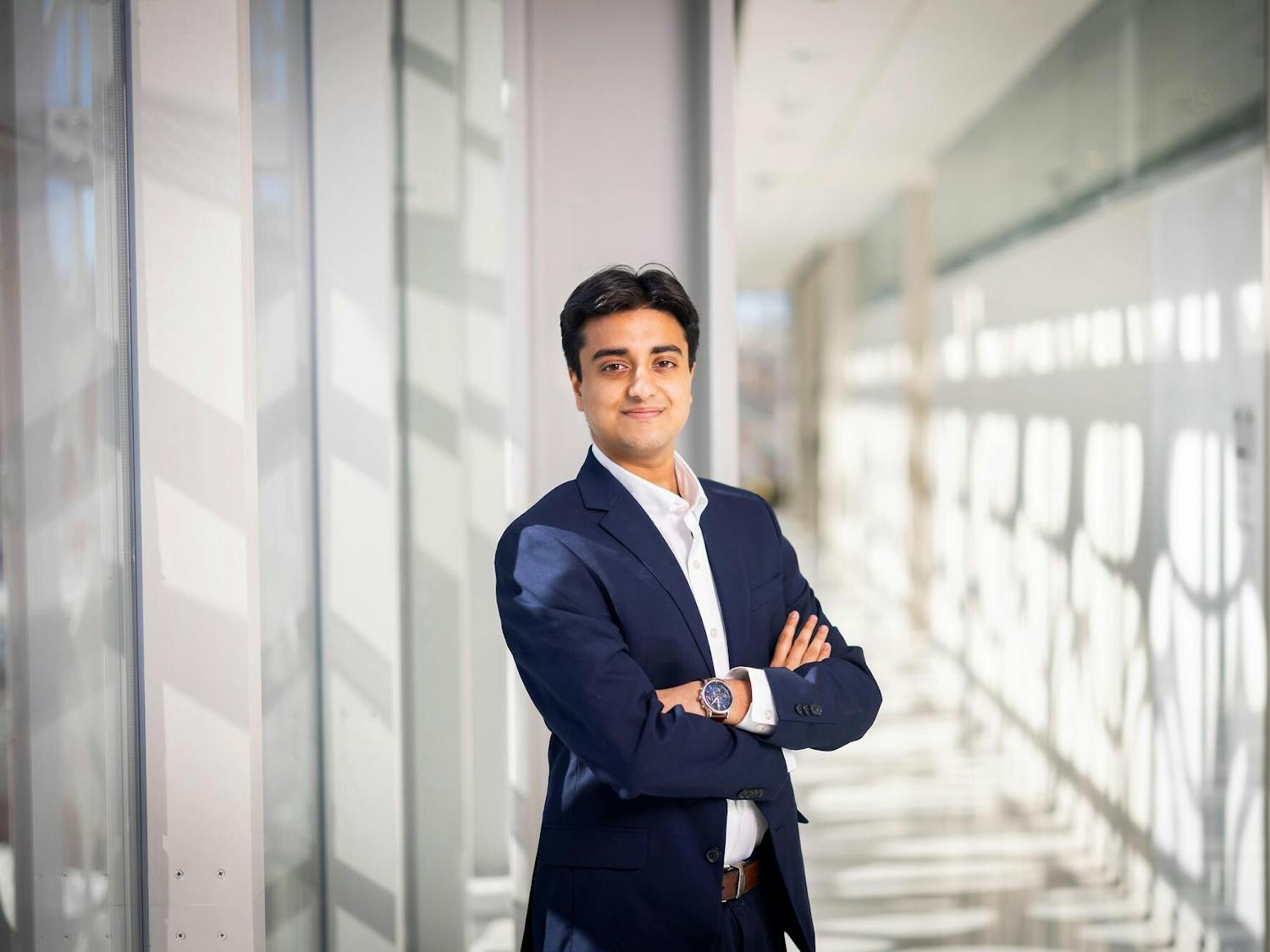To address the rapidly growing demand for geriatric social services, the School of Social Policy and Practice has developed a new concentration aimed at equipping students with the skills essential to providing care to older adults.
According to SP2 professor Joan Davitt, recent Bureau of Labor Statistics data indicate that gerontological social work is one of the largest areas for career growth in the short- and long-term future.
Because the baby boom generation is aging, she said, “we have a wave of folks ... who will hit that phase of their life at the same time,” resulting in a greater need for social workers.
“Opportunities are going to be endless in this field,” she added. “If people are worried about having a job after they finish graduate school, this is the way to go.”
While acknowledging the influence of the baby boom generation, Dean of SP2 Richard Gelles attributes the inception of the program — called the “Penn Aging Concentration” — to two additional factors.
“In the social work profession, working with an aging population is not the first or most popular choice of students who apply to [SP2], so this is a way of putting before them a very important population and one that’s going to grow,” he explained.
Gelles also mentioned the program’s potential to expand gerontological research in a field primarily geared toward serving the needs of children, adolescents and young adults.
“From a research point of view, there are a lot of unanswered questions,” he said. “For instance, how do you deal with mental health issues in an aging population that has been brought up to believe that you don’t talk about mental health issues?”
The development of the program was funded by a $10,000 grant from the John A. Hartford Foundation, along with a matching $10,000 grant from SP2 member William Meyer.
In addition to allowing second-year Masters of Social Work students to enroll in courses specific to gerontology, the program will also help students find “field placements” working with the elderly at agencies in Pennsylvania, New York or the Washington, D.C., metro area.
According to Davitt, the experience will expose students to aspects of geriatric care ranging from healthy aging to end-of-life care and “everything in between.”
She added that students more interested in social policy than direct practice with older adults may also choose to work at organizations that monitor and track state legislation.
“Students may be doing program development work, but it would still be in long-term care or gerontology,” said Davitt.
To gain exposure to the entire network of aging service providers, students will also participate in a series of seminars that rotate through the SP2 agencies offering field placement opportunities. The agendas for each seminar will be established by students according to their interests.
“The focus in our program in general social work is social change and social justice,” Davitt said. “A lot of young people are motivated and invested in making the world a better place and making that change happen.”
She added that social work is “a great way to have job security and be doing something you’re passionate about at the same time.”
Marking the start of the program, the first PAC student cohort will convene in fall 2010.








